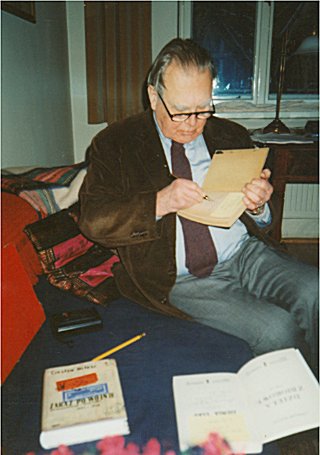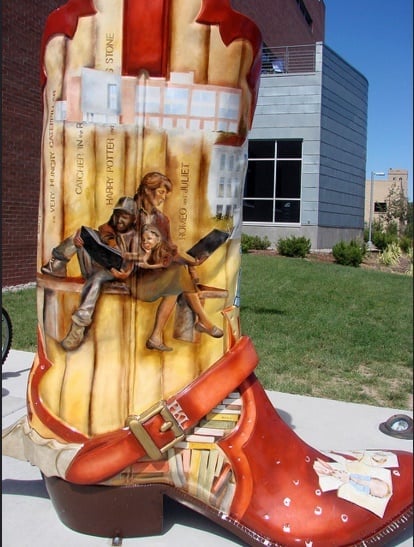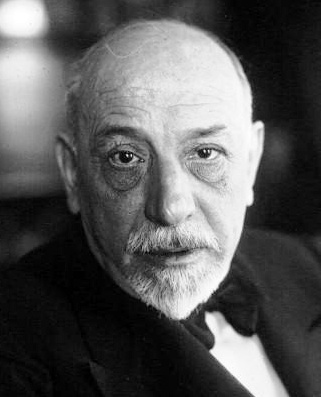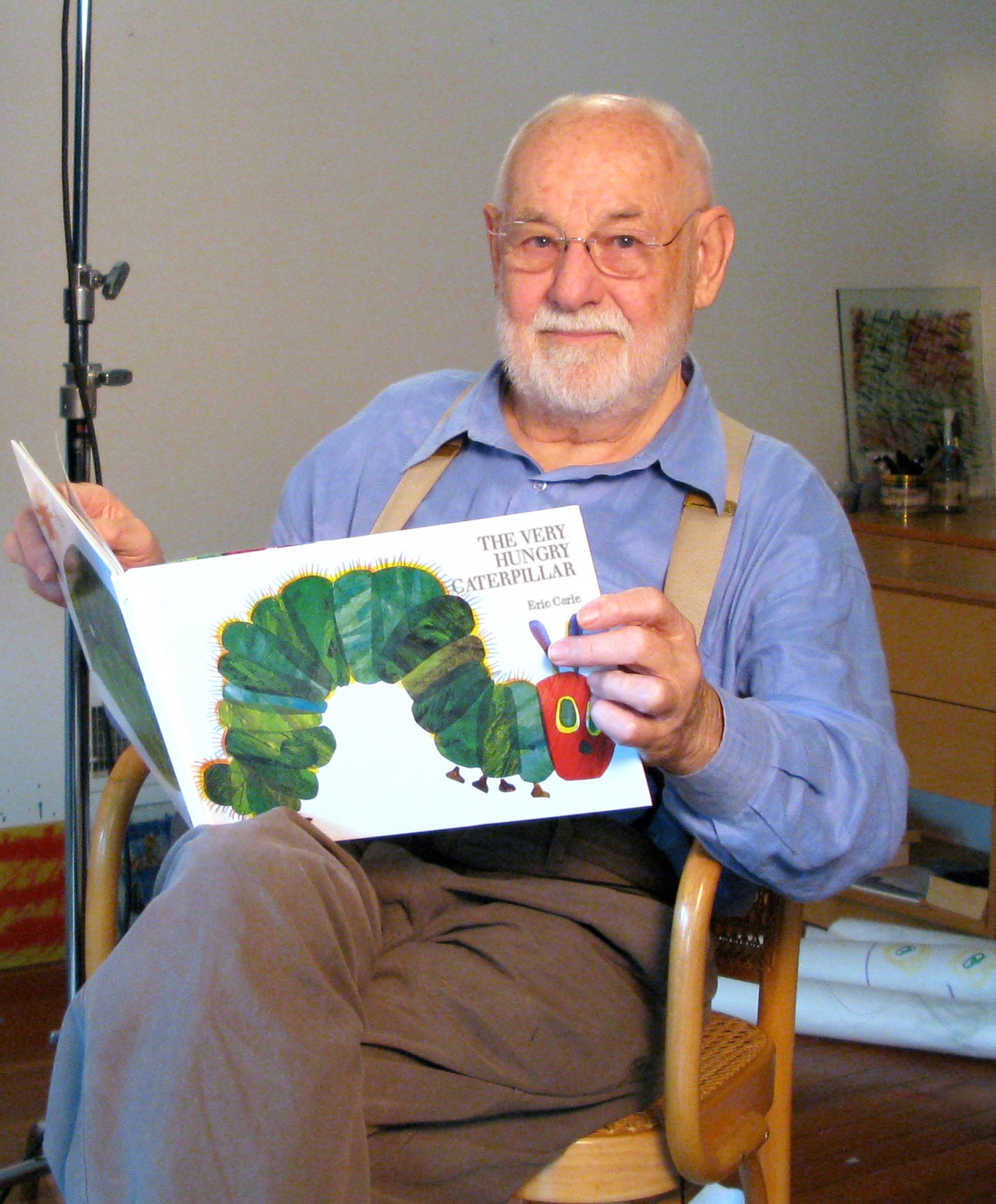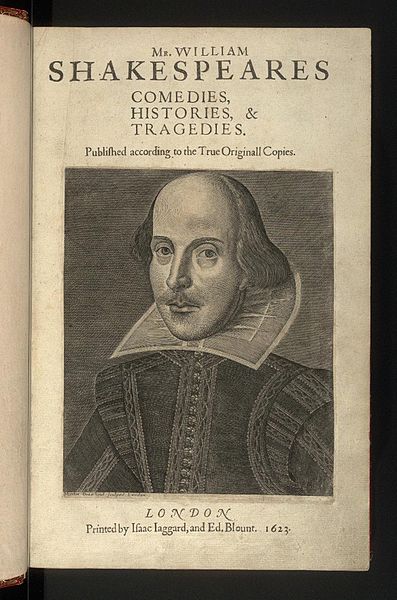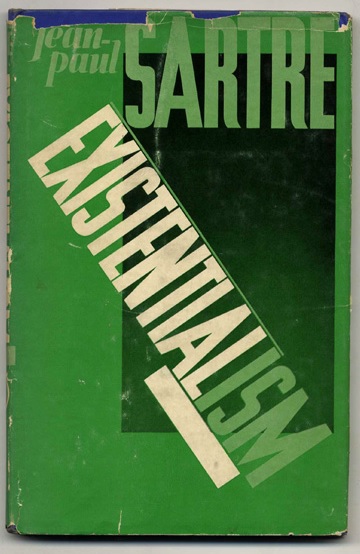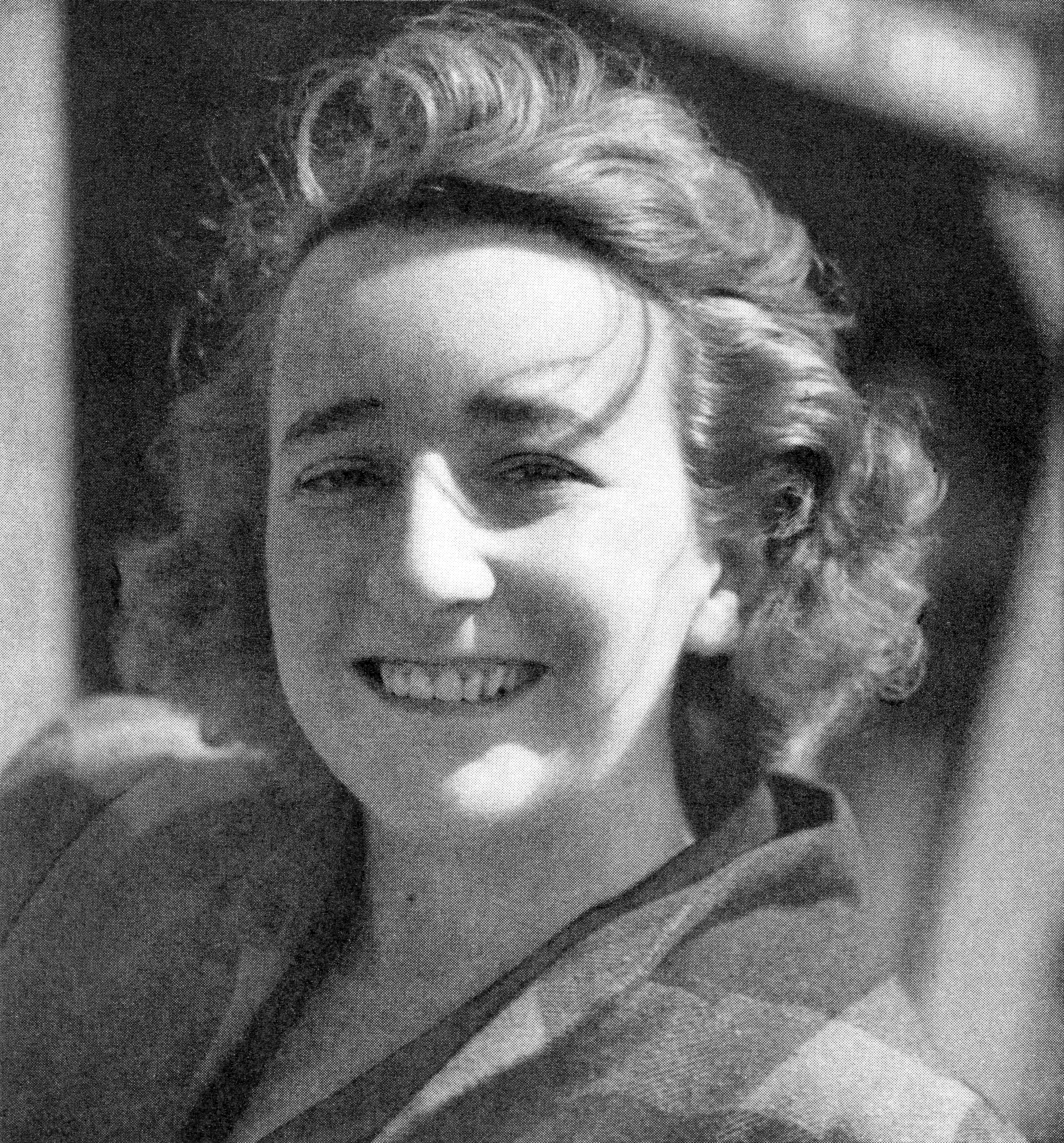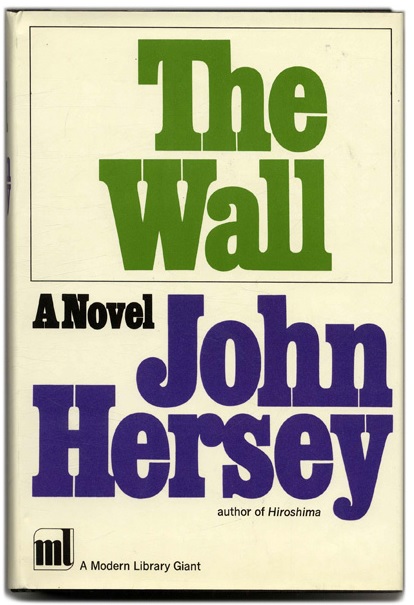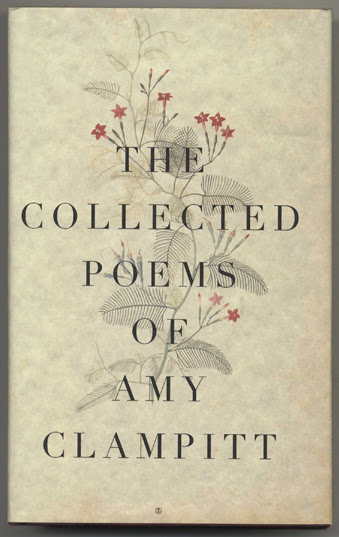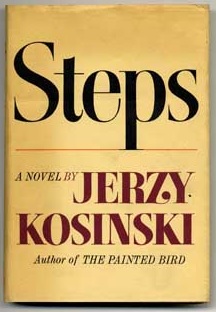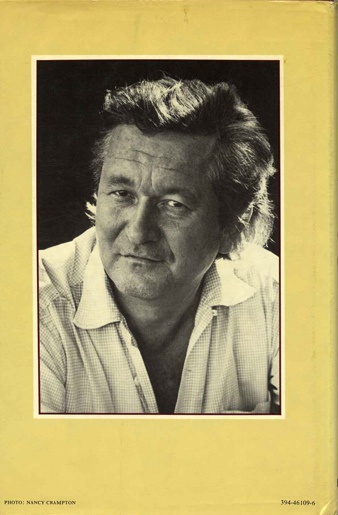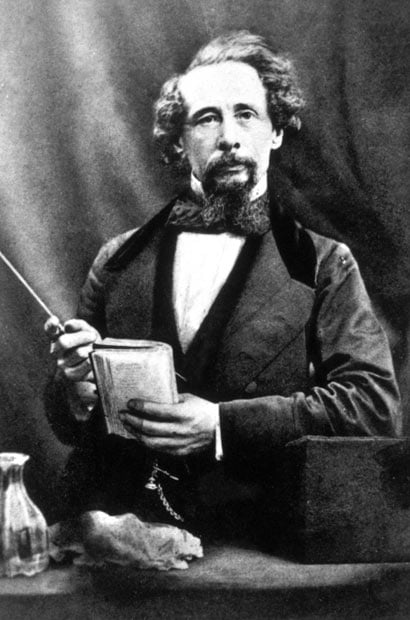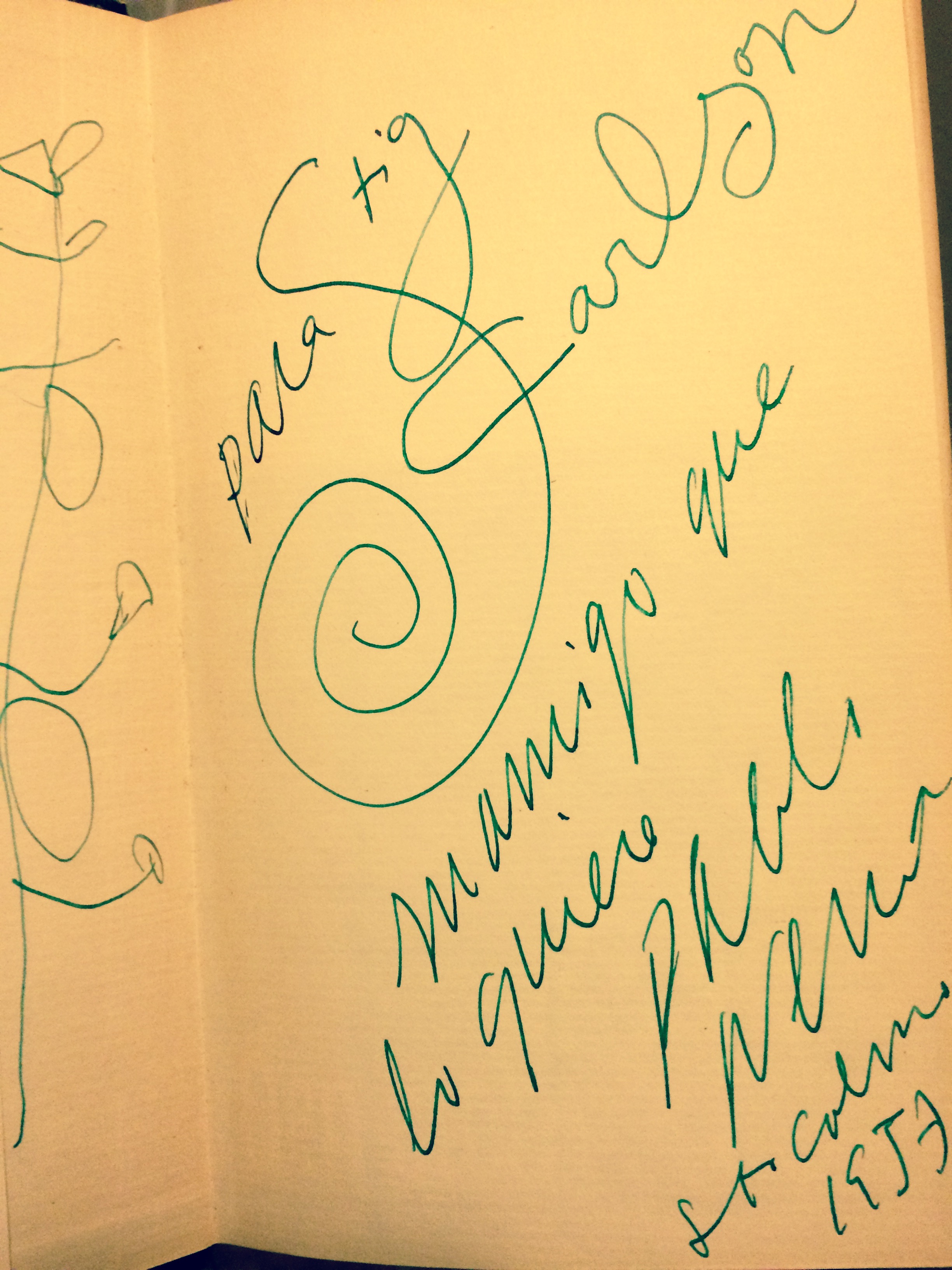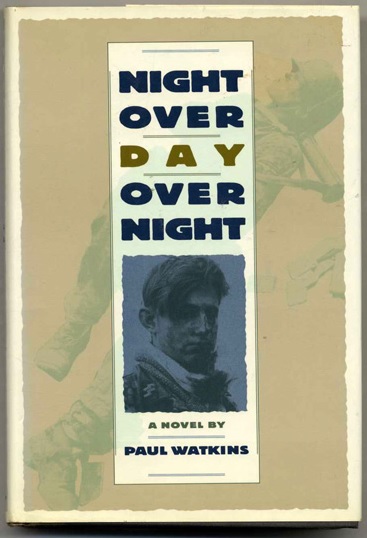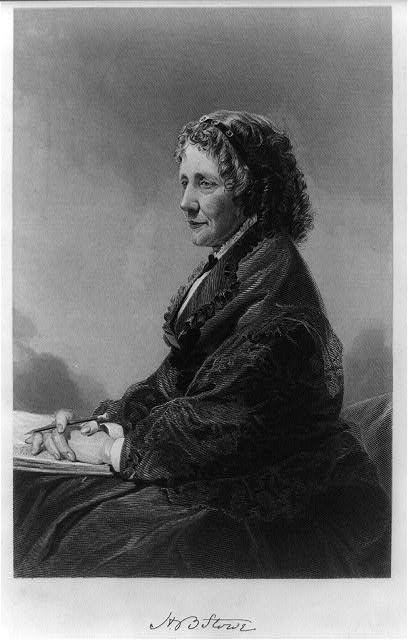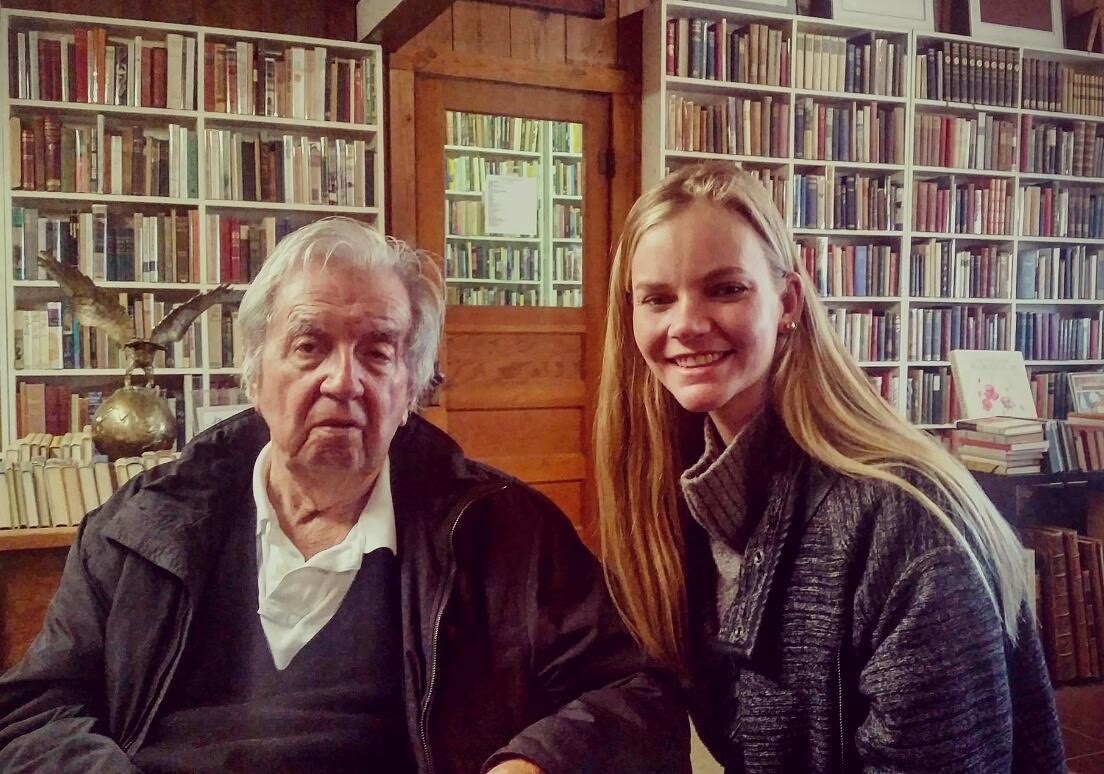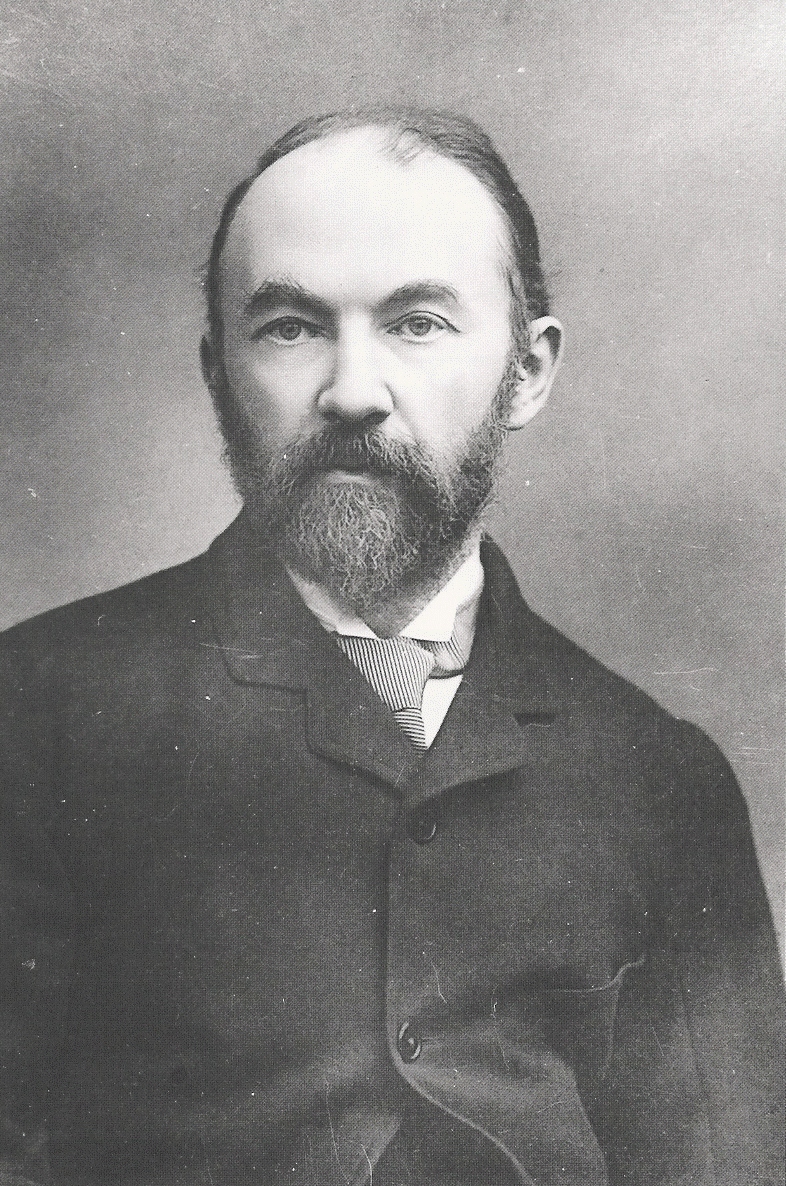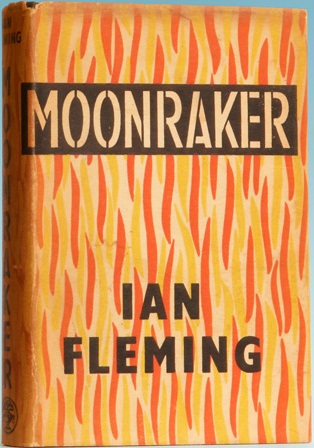Czesław Miłosz was born in 1911 in Poland to an ethnically Lithuanian civil engineer and a Polish noble. Miłosz was raised in Lithuania, and though it caused much controversy in his life, he would never ally himself formally with either Poland or Lithuanian, saying that he was born in Poland, and was therefore technically Polish, but that he was raised with the spirit of the Lithuanian people and could not deny that part of himself. Interestingly, Miłosz's literary and political efforts would cause him to remain on the fringe, only recognized in and by his homeland later in his life.
us toll free: 1-800-948-5563 international: +1 (843) 849-0283 UK: +44 (0) 1334 260018




